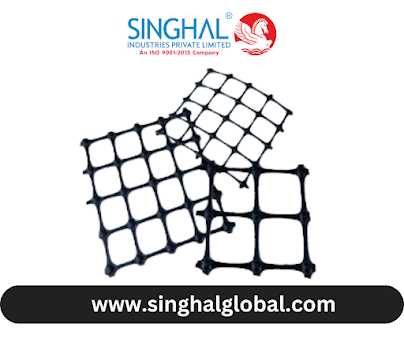HDPE Bags: Versatile, Durable, and Environmentally Conscious
The High-Density Polyethylene Bags have become a staple in various industries and households due to their strength, durability, and versatility. These bags offer a range of benefits that make them suitable for different applications, from everyday grocery shopping to specialized industrial uses. Let’s explore what makes HDPE bags an essential choice and how they contribute to both convenience and sustainability.
What Are HDPE Bags?
HDPE bags are made from high-density polyethylene, a type of plastic known for its high strength-to-density ratio. This material is lightweight yet incredibly durable, making it ideal for carrying heavy loads without the risk of tearing or stretching. HDPE is also resistant to moisture, chemicals, and extreme temperatures, enhancing its suitability for a wide range of uses.
Key Features and Benefits of HDPE Bags
Durability and Strength:
- HDPE bags are renowned for their toughness. They can hold significant weight without breaking or stretching, which is particularly beneficial for carrying groceries, heavy items, or industrial materials.
Versatility:
- These bags come in various sizes and shapes, catering to different needs. From small retail bags to large industrial sacks, HDPE bags can be customized to fit specific requirements, making them highly adaptable.
Moisture Resistance:
- HDPE bags are impermeable to water, making them ideal for storing and transporting items that need to be kept dry. This feature is particularly useful in the food industry and for packaging products sensitive to moisture.
Chemical Resistance:
- HDPE is resistant to many chemicals, which makes these bags suitable for industrial applications where exposure to harsh substances is common. This property ensures the safe containment of various materials.
Lightweight:
- Despite their strength, HDPE bags are lightweight, reducing transportation costs and making them easy to handle. This feature is beneficial for both consumers and businesses.
Eco-Friendly Options:
- HDPE is recyclable, and many manufacturers produce HDPE Bag Supplier In Gujarat with recycled content. These eco-friendly options help reduce environmental impact and promote sustainability.
Applications of HDPE Bags
Retail and Grocery:
- HDPE bags are widely used in retail and grocery stores due to their strength and convenience. They are perfect for carrying a variety of goods, from fresh produce to household items.
Industrial Use:
- In industrial settings, HDPE bags are used to store and transport raw materials, chemicals, and construction supplies. Their durability ensures that heavy and bulky items are securely contained.
Food Packaging:
- The moisture-resistant properties of HDPE bags make them ideal for packaging perishable foods. They help maintain the freshness and quality of products like bread, fruits, vegetables, and frozen goods.
Waste Management:
- HDPE bags are commonly used as garbage bags due to their puncture resistance and capacity to hold heavy waste without tearing. They are essential for maintaining cleanliness in homes, offices, and public spaces.
Sustainability and Environmental Impact
While HDPE bags are made from plastic, their environmental impact can be mitigated through proper recycling and responsible use. Many HDPE bags are designed to be reusable and recyclable. When disposed of correctly, HDPE can be reprocessed into new products, reducing the demand for virgin plastic and minimizing waste.
Choosing the Right HDPE Bag
When selecting HDPE bags, consider the following factors:
- Size and Thickness: Choose a bag size and thickness that matches the intended use. Heavier loads require thicker bags for added strength.
- Recyclability: Opt for bags made from recycled HDPE or those that are easily recyclable to support environmental sustainability.
- Quality: Ensure the bags are manufactured to high standards to guarantee durability and performance.
Conclusion
HDPE bags are a versatile and reliable solution for a wide range of applications. Their strength, durability, and resistance to moisture and chemicals make them indispensable in both everyday and industrial contexts. By choosing recyclable and reusable HDPE 50 kg Plastic Bags, consumers and businesses can enjoy their benefits while contributing to a more sustainable future.
FAQ’s (Frequently Asked Question)
1.Are HDPE bags environmentally friendly?
HDPE bags can be environmentally friendly if they are reused and properly recycled. Many HDPE bags are designed to be recyclable, reducing their environmental impact compared to single-use plastics.
2. How can I recycle HDPE bags?
HDPE bags can be recycled at designated recycling centers or through curbside recycling programs that accept plastic bags. Check with your local recycling facility to ensure they accept HDPE bags and follow their guidelines for preparation.
3. What are the common uses of HDPE bags?
HDPE bags are versatile and used in various applications, including:
- Retail and grocery: For carrying groceries and retail items.
- Industrial: For storing and transporting raw materials and chemicals.
- Food packaging: For packaging perishable foods.
- Waste management: As garbage bags due to their strength and puncture resistance.
.png)

.png)
Comments
Post a Comment